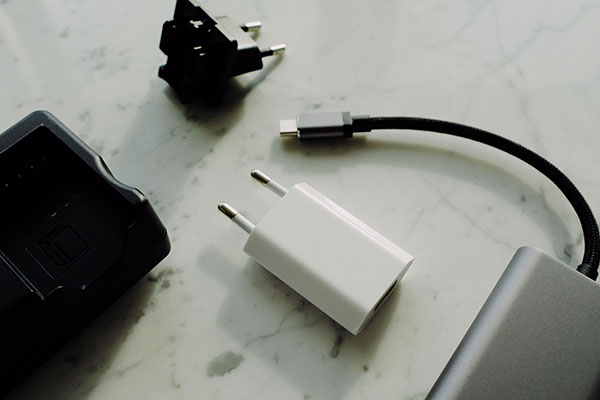Often writers find their energy falling away when they are faced with a problem that seems insurmountable, or when they are feeling overwhelmed by what is ahead of them. Sometimes writers’ energy for a project becomes depleted for no apparent reason. Just as batteries run down and need recharging over time, so do we, as writers.
Remembering why you write is one way you can recharge your battery. Think of the passion and commitment you bring to your writing. Think about what compels you to spend all that time and energy on your manuscript. Write it down.
I like this sage advice to writers from US literary agent Sharon Pelletier:
‘Know why you’re writing, and what keeps you coming back to this story… If you figure out what about this story you keep coming back to, what you want your reader to feel or think about when they’re reading this book, it will keep you going through some of those challenging times [rejection, etc.]. … Figuring out for you why you write in general but also why you are writing this book can help you through a lot of the challenges, both on the page and also in your own head, of getting through the writing and publishing experience.’ (Inside Writing podcast, Gotham Writers, ‘Inside Mystery/Thriller’, 17 Jul 2020.)
An equally important way to recharge your batteries is to do the opposite – not think about your writing or your relationship to your work at all. Set this aside and give yourself a physical and mental break; go for a walk, focus on something else, let the unconscious mind do its thing while you fill your depleted self up with whatever it is that brings you joy.
Just as fields benefit from being left fallow for a period, time away from the writing desk attending to other things can be re-energising and can prove more productive in the long run that trying to run on empty. The challenge is to allow yourself to let go of a writing goal or task if necessary, in order to return to it later with more physical and mental resources at hand.
I know plenty of writers who have been through some version of a slump in which they feel flat, uninspired, unable to get motivated. Some call this ‘writers’ block’, but the idea of a ‘block’ can be unhelpful; it suggests something immovable, something writers run into and need to negotiate around. A rechargeable battery, however, acknowledges that there is a cycle at play here and that we as writers have some responsibility to keep an eye on the charge level and do something about it when it gets too low.
If you let a battery run completely dead, it takes a lot longer to charge than if you just top it up. It can be helpful to cultivate a habit of tracking how much energy you feel you have for your writing endeavour. You could do this by keeping a journal, or by establishing a rating system and checking in each week or day, or by finding some other measure that helps you monitor where your energy levels.
If you feel like your energy is dipping, consider how you might top up the battery, whether by focussing on your drive and commitment to write, or by heading out for a walk. Ask fellow writers what they do. Perhaps acknowledging the issue with a colleague and discussing it together has recharging potential itself.
If you find yourself in a space of debilitating mental and/or physical exhaustion, take a deep breath, remember that this is an issue of battery level, and plug yourself in for a recharge.
